Jacksonville, FL — We’re headed for the peak of the hurricane season! Check out “Talking the Tropics With Mike” - updated everyday through the hurricane season.
‘Tis the season for algae blooms.... unfortunately. Very warm temps., light winds & heavy rain combine to make nearly ideal conditions for blooms later in the summer to early fall. You may very well have heard about the red tide blooms on the west coast of Florida but there are smaller scale - yet significant - algae blooms in our creeks, rivers, streams & intracoastal areas. Statewide info. * here *. Blue-Green algae from ‘Florida Health’:
In water bodies with blue-green algae, if people or animals splash or if boats create wakes, the cyanotoxins in the algae can release into the air. The toxins mix with water droplets and spray—that’s how people and animals can inhale the toxin. These toxins can’t pass through your skin easily so swallowing large amounts of contaminated water is what causes illness. This algae is blue, bright green, brown or red, and can have a strong odor like rotting plants. Pets can become sick from blue-green algae so keep them out of those areas and away from contaminated marine animals and fish.
SYMPTOMS? Stay away from blue-green algae. For some people, blue-green algae can cause rashes, stomach cramps, nausea, diarrhea and vomiting. People who are very sensitive to smells can have respiratory irritation. Sometimes, high exposures of toxin can affect the liver and nervous system.If you come into contact with blue-green algae, get out of the area and wash off with soap and water. See your doctor if you think blue-green algae has made you sick.
CONTAMINATED WATER Water from areas with blue-green algae can make animals and people sick—stay away from these areas.
SWIMMING Don’t swim in or around blue-green algae.
BLUE-GREEN ALGAE AND FISH Fish tested from water with blue-green algae show that cyanotoxins don’t accumulate much in the edible parts—muscle or fillet—of fish, but can in other organs. Rinse fish fillets with tap or bottled water. Throw out guts. Cook fish well.
Red tide status map:

An interesting article from the Washington Post: “Is our Reliance on Air-Conditioning Warming the Planet?” AP photo:

The idea, of course, is that our demand for AC is leaving a huge carbon footprint. Check out below the number of homes now built with AC since 1973. Most anyone under about 30-35 years of age can’t imagine a world without indoor climate control.
Speaking of climate change, The Intergovernmental Panel on Climate Change (IPCC) recently released the first of three installments of the Sixth Assessment Report (AR6). We are closing in on planet at a threshold of 1.5 degree C warmer than approximately 70 years ago.
The Washington Post offers a synopsis of the latest IPCC report * here *.
And Phys.org has published an interesting article: “‘The ocean remembers’: Study suggests ocean maintained relatively steady temperature through most of 20th century” concluding that the deep oceanic heat content remained essentially unchanged until about 1990 followed by quite significant warming in the 30 years since. “The delayed cooling effect ended in 1990, after which ocean temperatures, according to the study, have been accelerating upward.”
Graphic below from “Nature Communications” shows the steady warming, steepest in the last 30 years or so:
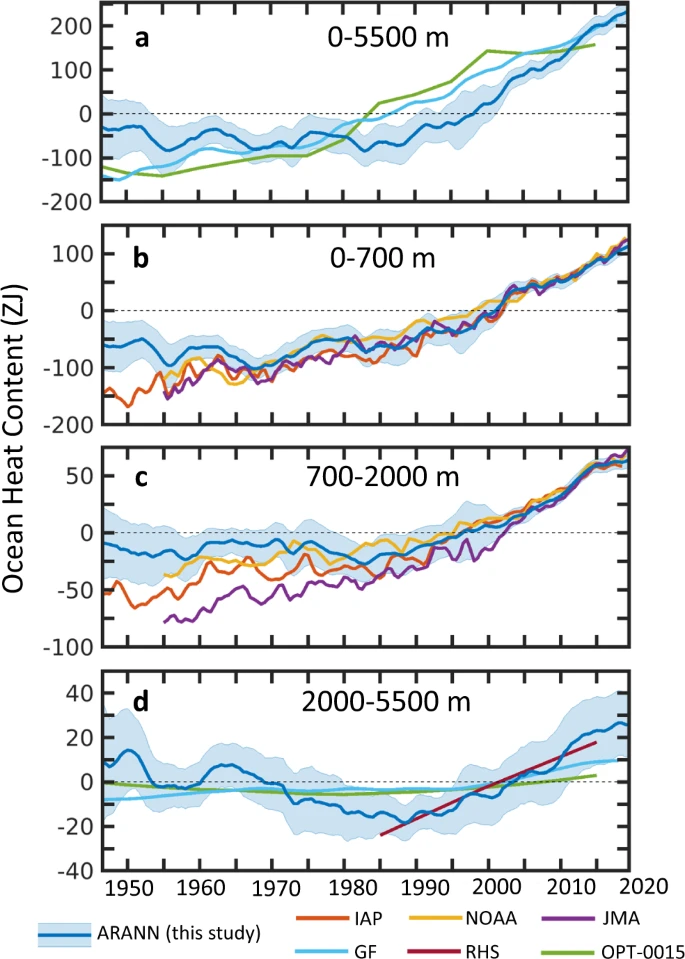
©2021 Cox Media Group
:quality(70)/cloudfront-us-east-1.images.arcpublishing.com/cmg/4BY52YP3URHB3CBG6342FEUNGQ.jpg)
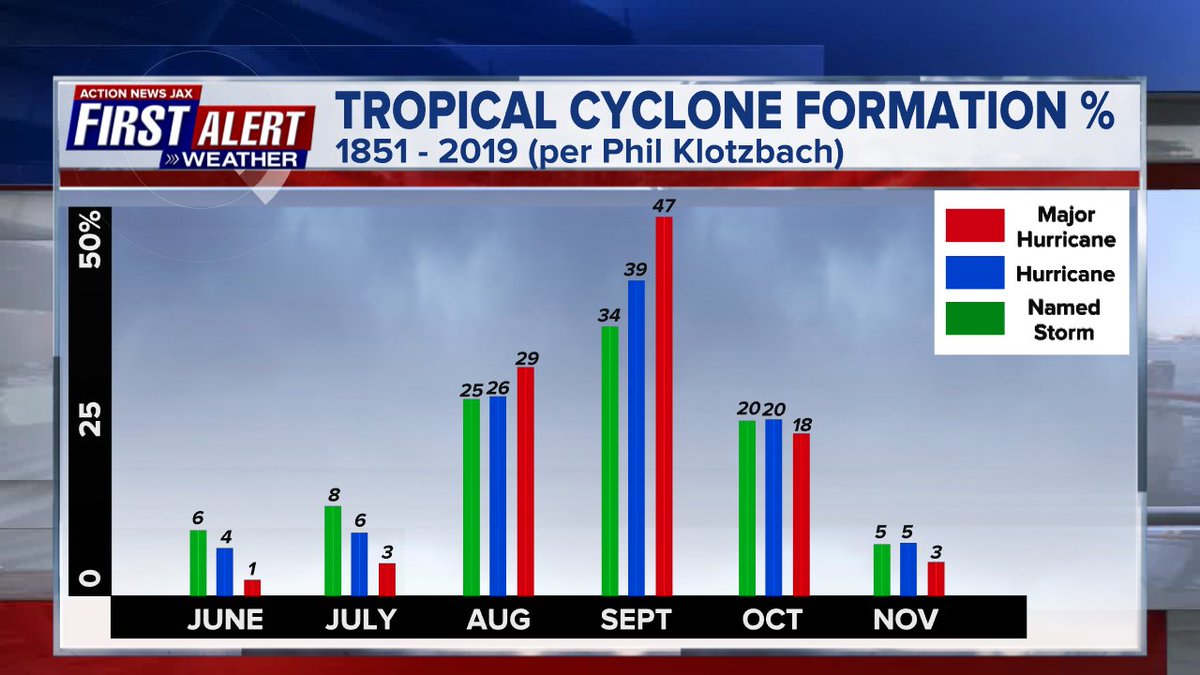
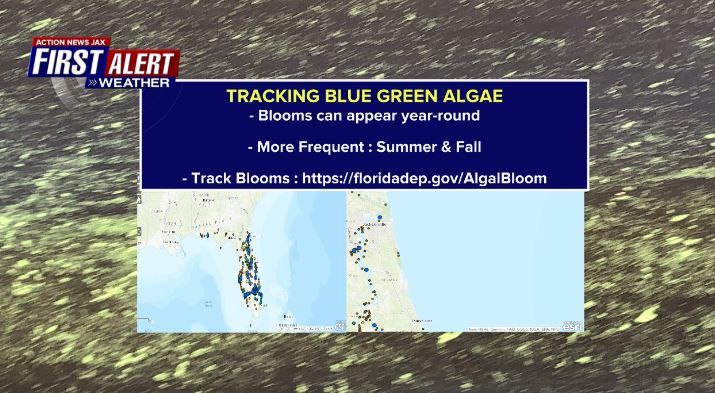
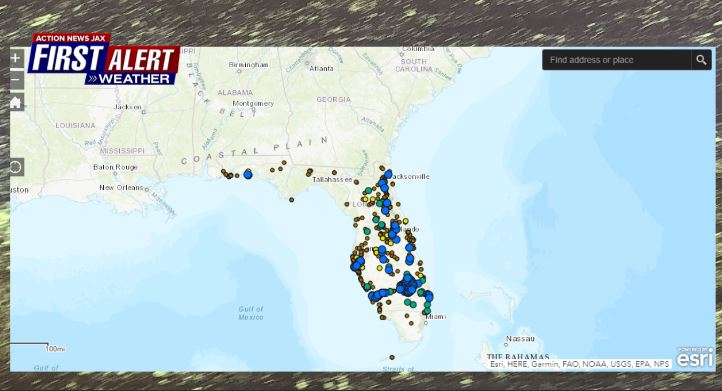

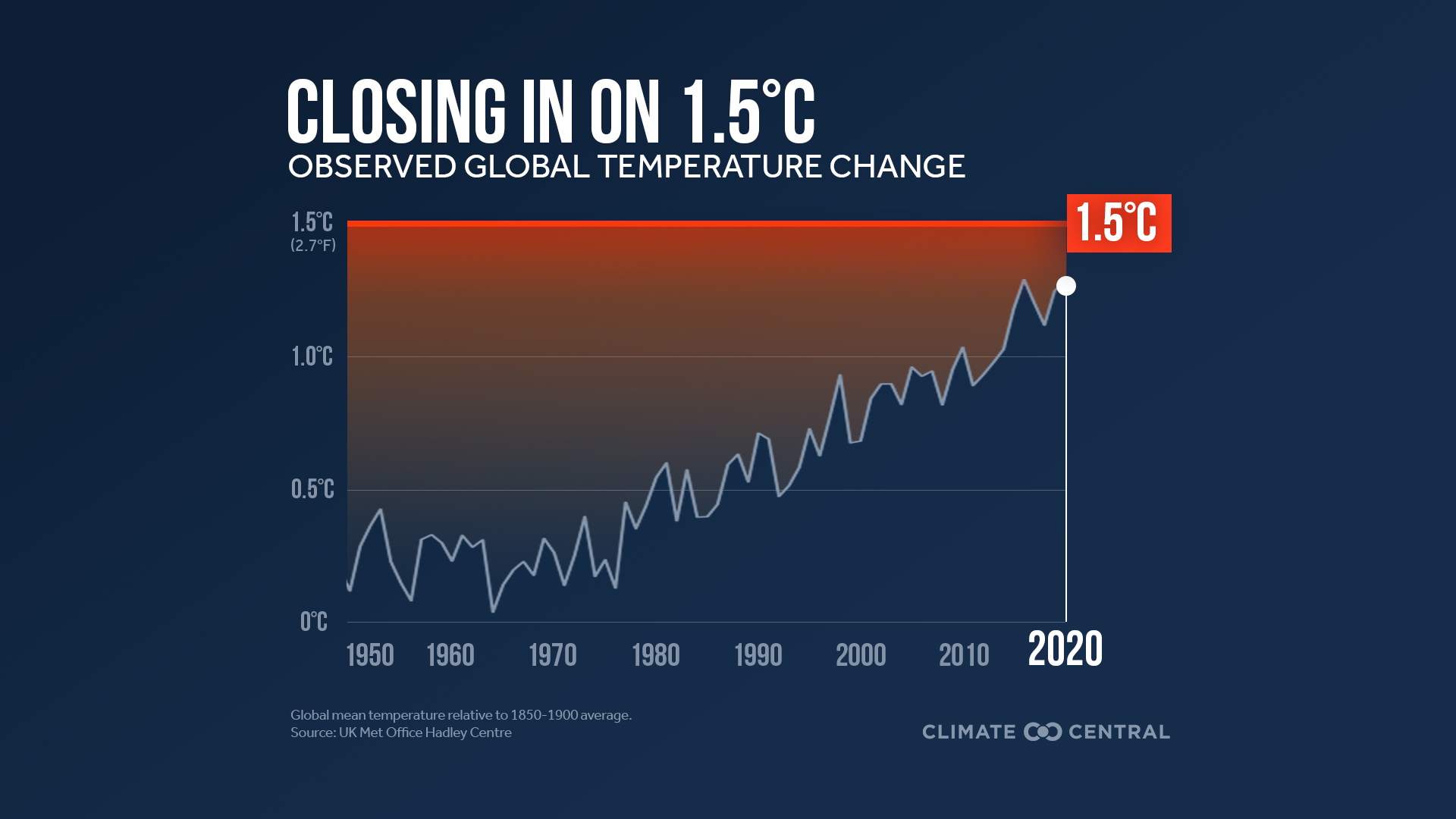
:quality(70)/d1hfln2sfez66z.cloudfront.net/04-20-2024/t_27c4ee35a0bd498ab102ed62d7b8a798_name_file_960x540_1200_v3_1_.jpg)
:quality(70)/d1hfln2sfez66z.cloudfront.net/04-19-2024/t_744a0fe392b04fa194c322a11f1cea0c_name_file_960x540_1200_v3_1_.jpg)
:quality(70)/cloudfront-us-east-1.images.arcpublishing.com/cmg/V5TWF6CJAZFXBLDTZXOE47OMN4.jpg)
:quality(70)/cloudfront-us-east-1.images.arcpublishing.com/cmg/N7YMXJTJYJEFBCXSUI6KPLO7OM.png)
:quality(70)/cloudfront-us-east-1.images.arcpublishing.com/cmg/7JSZWL3X3NAHPJRI2ABGJ3X624.jpg)